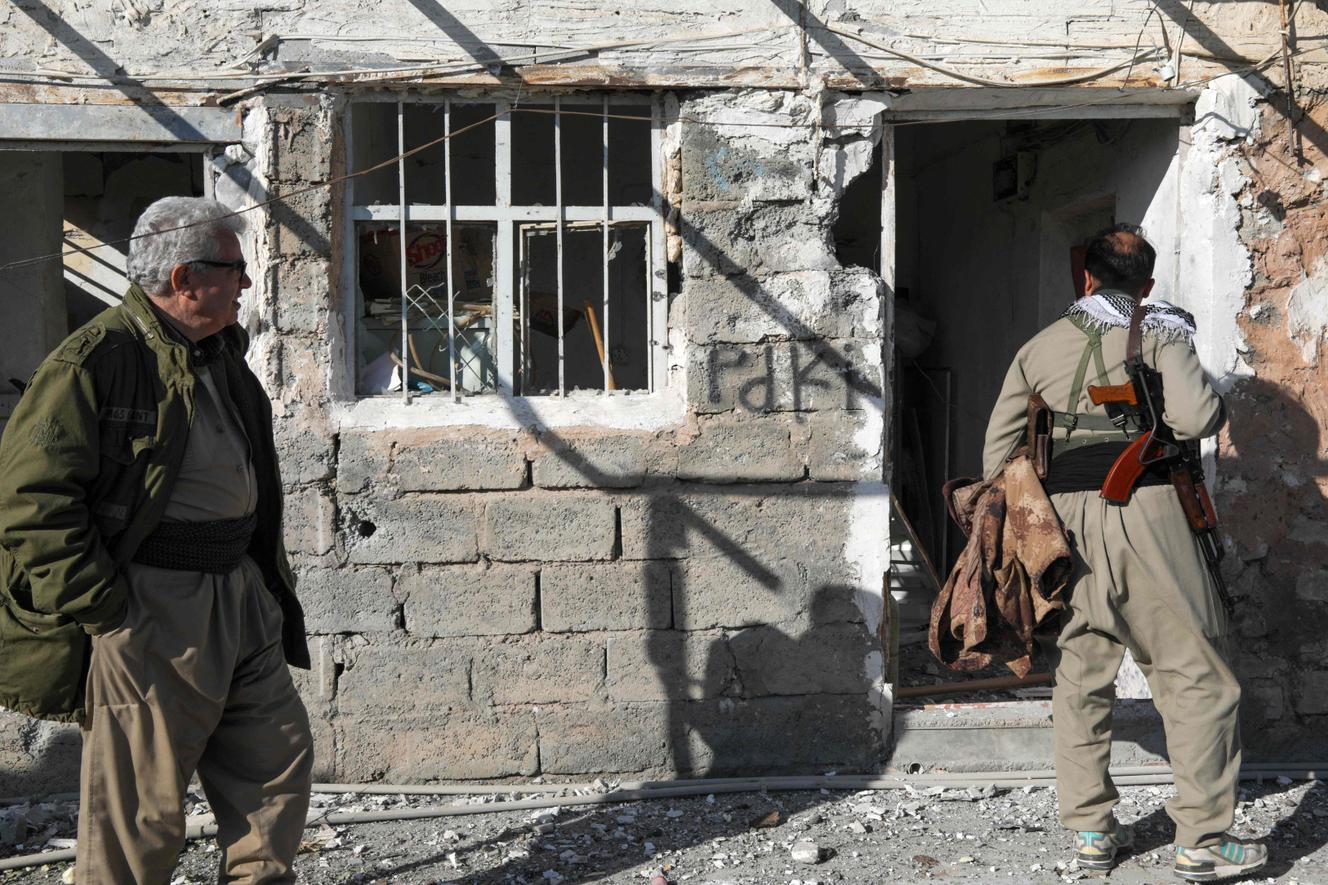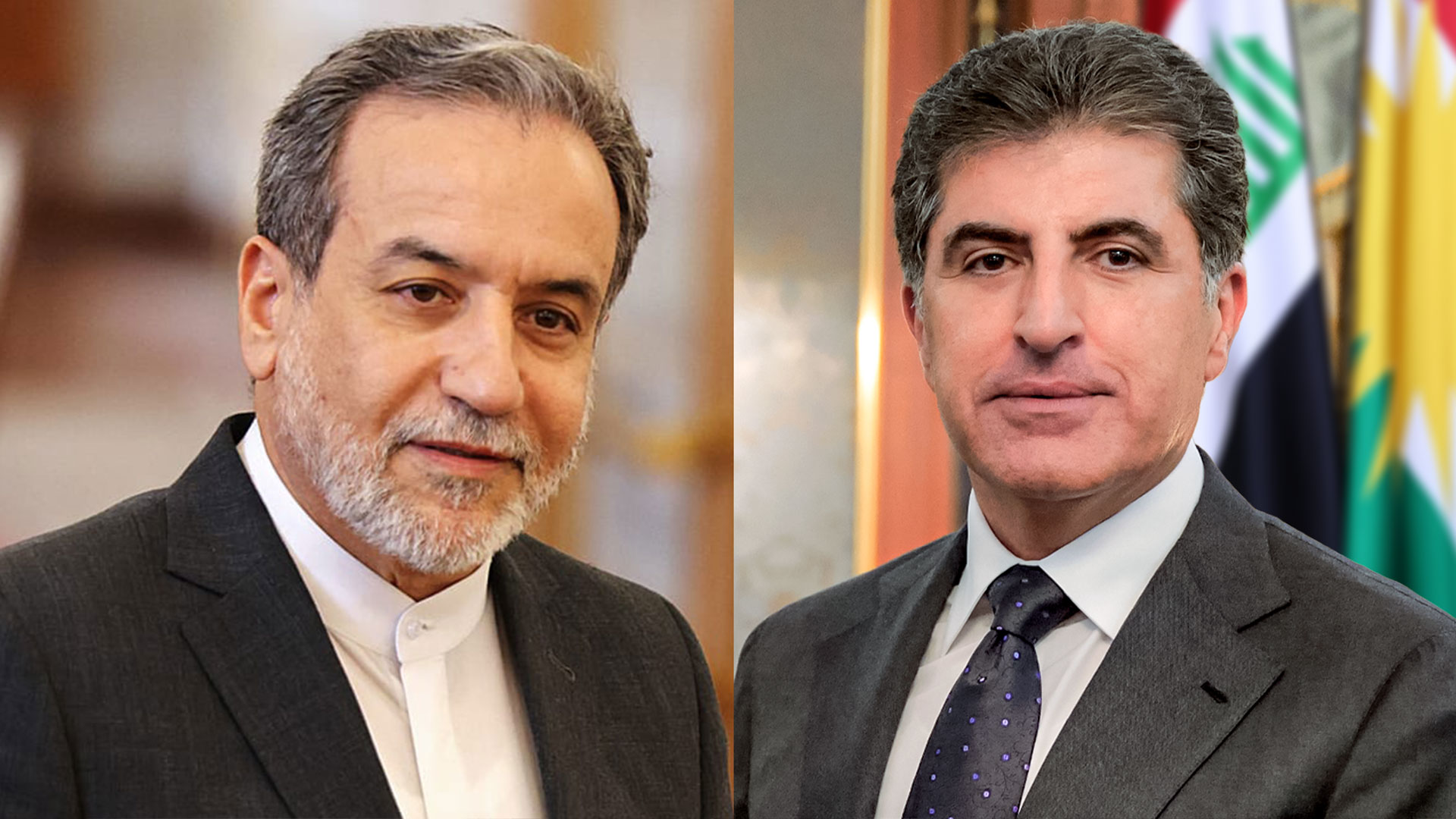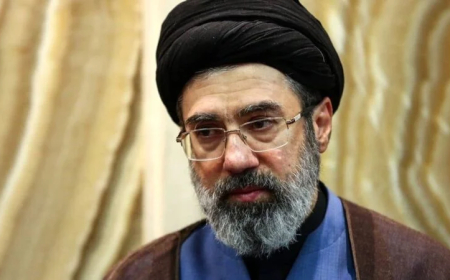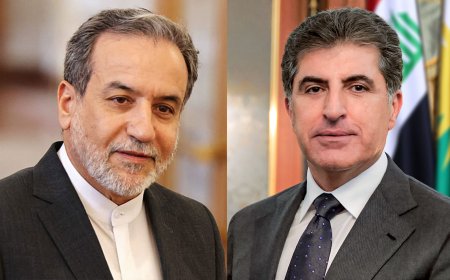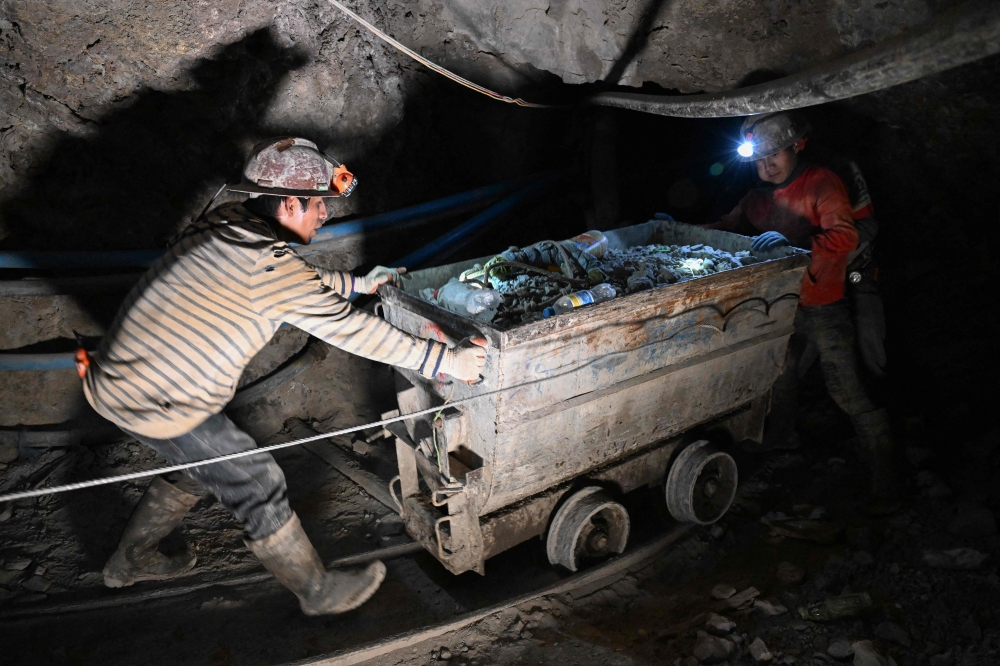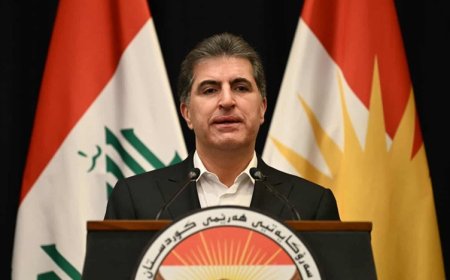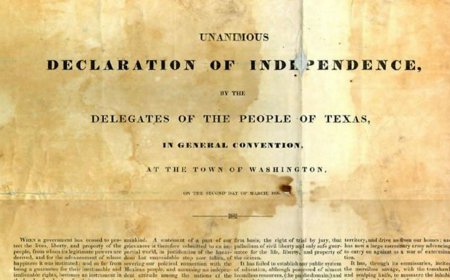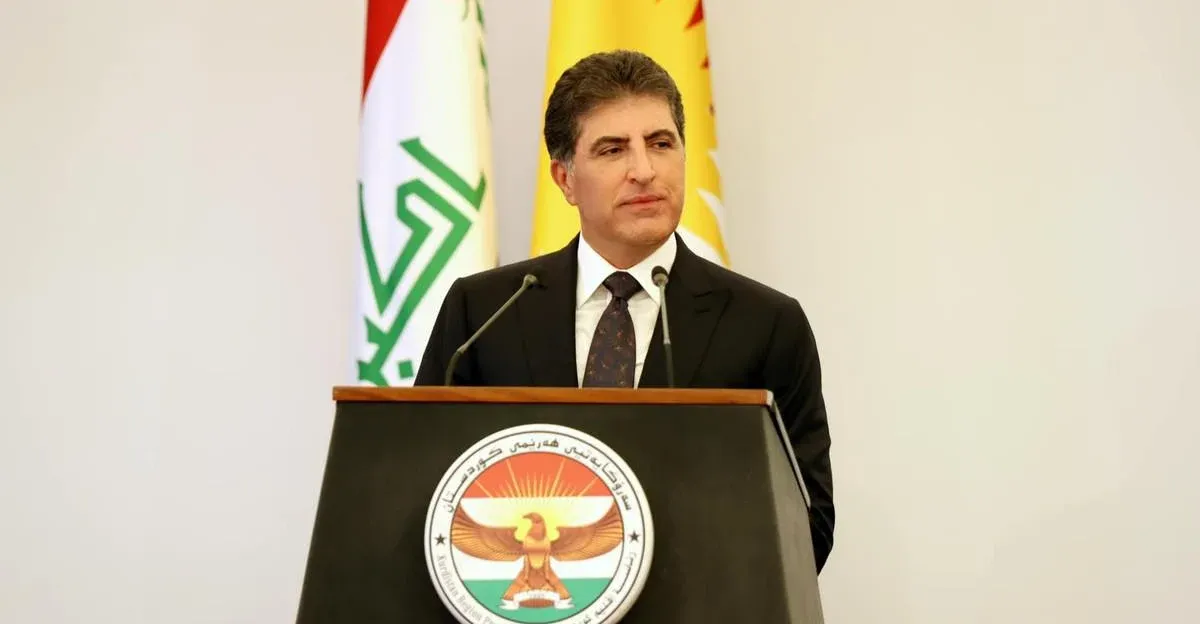Libyans rush banks amid cash crunch, government to print $11B in dinars to ease crisis
The Libyan Central Bank has been printing more money in response to cash shortages in the country, as falling oil prices and corruption take their toll.
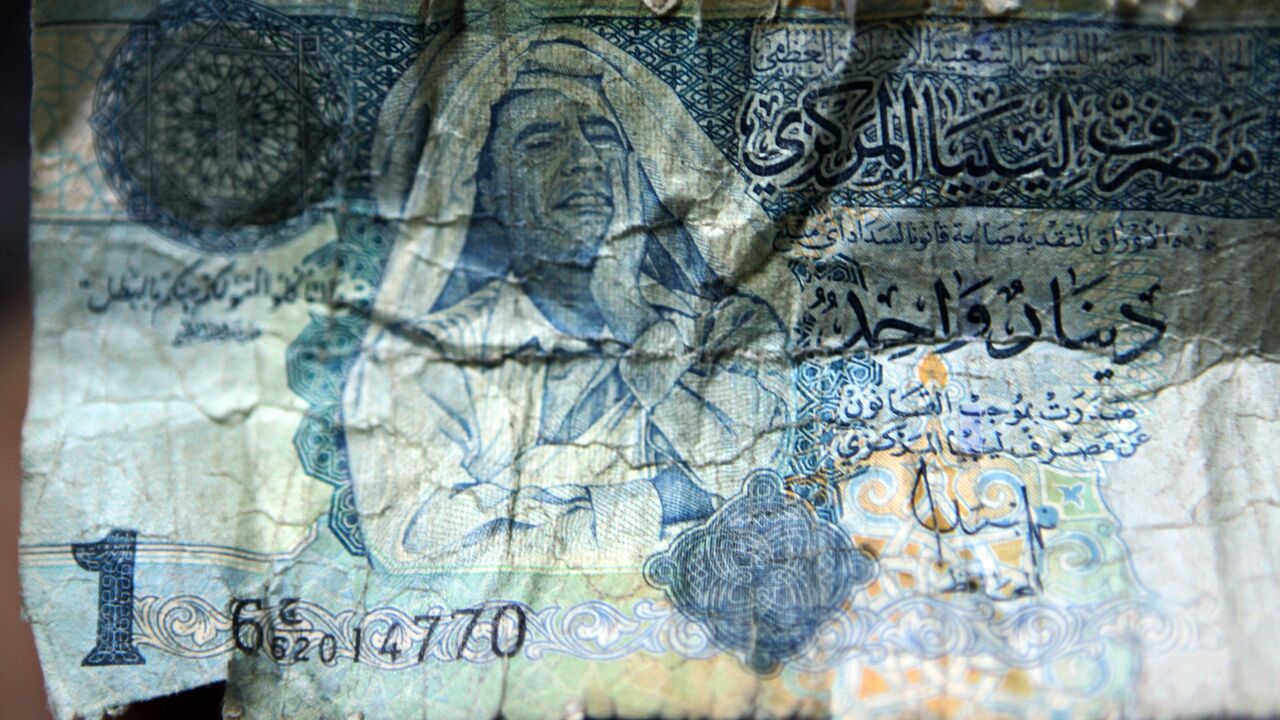
Long lines of angry depositors formed at banks throughout Libya this week, as the government desperately prints more cash in response to a worsening liquidity crisis.
Videos depicting crowds of angry customers seeking to withdraw funds from their banks in the capital, Tripoli, and the eastern city of Benghazi surfaced on Libyan social media on Sunday and continued through Tuesday.
In some instances, depositors protested at the banks, chanting “We need our money” and other slogans.
A multitude of causes
Libya’s liquidity crisis is the result of multiple factors, including rampant corruption and declining oil prices. The Berlin-based corruption watchdog Transparency International ranks Libya as one of the 10 most corrupt countries in the world.
Allegations of corruption in Libya are widespread, with businesses, armed groups and government officials being accused of colluding to steal public resources. A February United Nations report accused armed groups of illegally smuggling oil from state firms, for example.
Libya’s extensive fuel subsidies, which reportedly make up 20% of gross domestic product, encourage smuggling, further depriving the state of much-needed revenue. Subsidies can lead to artificially low prices, creating an incentive to steal the fuel and sell it for higher prices abroad.
Making matters worse, Libya lacks a central authority to tackle reform in the country. The Libyan civil war ended in 2020 with a ceasefire between the Tripoli-based, internationally recognized government and eastern-based forces led by Gen. Khalifa Hifter, though the country remains administratively divided between the two camps. Tripoli, too, is home to a variety of competing militias, and clashes broke out most recently in August.
Oil prices have fallen this year due to increased production from Saudi Arabia and other major producers and due to a weakening demand in the wake of market turmoil brought on by US President Donald Trump’s tariffs on much of the world. Brent crude was trading at around $62 on Wednesday, compared to roughly $80 a barrel at the start of the year and above $90 a barrel in October 2023.
The Libyan economy is heavily dependent on oil and gas, and the two commodities account for 97% of exports, more than 90% of fiscal revenues and 68% of GDP, according to the African Development Bank Group. Libya’s oil revenuewas $5.2 billion in the first quarter of 2025, compared to $9.8 billion in spending commitments by the two administrations, according to Bloomberg.
Oil revenue during the first quarter of 2024 was reportedly $6 billion. Oil revenue amounted to $18.4 billion overall that year, down from $20.7 billion in 2023, per the outlet.
Government ups efforts
The Central Bank of Libya has been printing more currency in an effort to alleviate the cash shortages in the country. The institution announced on Tuesday that it had signed contracts to print 60 billion Libyan dinars (around $11 billion), of which 25 billion dinars ($4.6 billion) are already in circulation. The bank did not specify when or with whom the contracts were signed. The printing is a response to the bank recently withdrawing 47 billion dinars ($8.64 billion) from circulation in an effort to "stabilize the national currency."
Last December, the central bank signed a deal with the British bank De La Rue whereby the latter would print 30 billion Libyan dinars ($5.5 billion).
Printing money tends to devalue a country's currency by contributing to inflation and is generally not considered a sound fiscal policy response to a liquidity crunch. Inflation in Libya was 1.4% during the first half of 2025, according to the World Bank.
On Monday, the Central Bank of Libya signed a cooperation deal with the World Bank to help with the management of its foreign reserves. The deal will help Libya “achieve competitive returns on the central bank’s foreign currency reserves through the adoption of international best practices in asset allocation, portfolio and risk management,” the bank said in a statement.
Libya's foreign reserves are currently valued at $98.8 billion, according to the central bank.
Remaining challenges
In April, Libya devalued its currency for the first time in four years, setting the price of the Libyan dinar 13.3% lower to 5.5677 to the US dollar. At the time, Bloomberg characterized the move as a response to concerns over declining oil prices.
The dinar regularly trades well below the official rate on the informal market and traded at 7.57 to the dollar on Wednesday, according to the local news outlet The Libya Observer.
The illegal printing of Libyan dinars has further eroded the currency’s value. Reuters reported in July of last year that illicit bank notes, some printed in Russia and others produced locally, were in use in eastern Libya.
Libya’s High Council of State urged in a statement on Tuesday a criminal investigation into billions of dinars that were allegedly printed in the eastern capital, Benghazi, without the central bank’s permission.
Libya's economy contracted 0.6% in 2024, according to the World Bank. The bank's sister institution, the International Monetary Fund, attributed the contraction to the struggles in the oil sector in an April report.
Oil output reached a 12-year high of 1.23 million barrels per day in May, according to data from S&P Global. Production had fallen below 600,000 bpd in August and September of 2024 over a dispute between the rival administrations over control of the central bank. The Tripoli government had unilaterally appointed a central bank governor in August of last year, leading to the standoff. A new governor was appointed the following month after a deal between the two administrations.
More than 37% of Libyans were in poverty in 2024, according to the UN Development Program, despite the vast oil wealth. Unemployment was 18.6% in 2024, down 0.2% from 2023, per the World Bank.
[Source: Al-Monitor]
